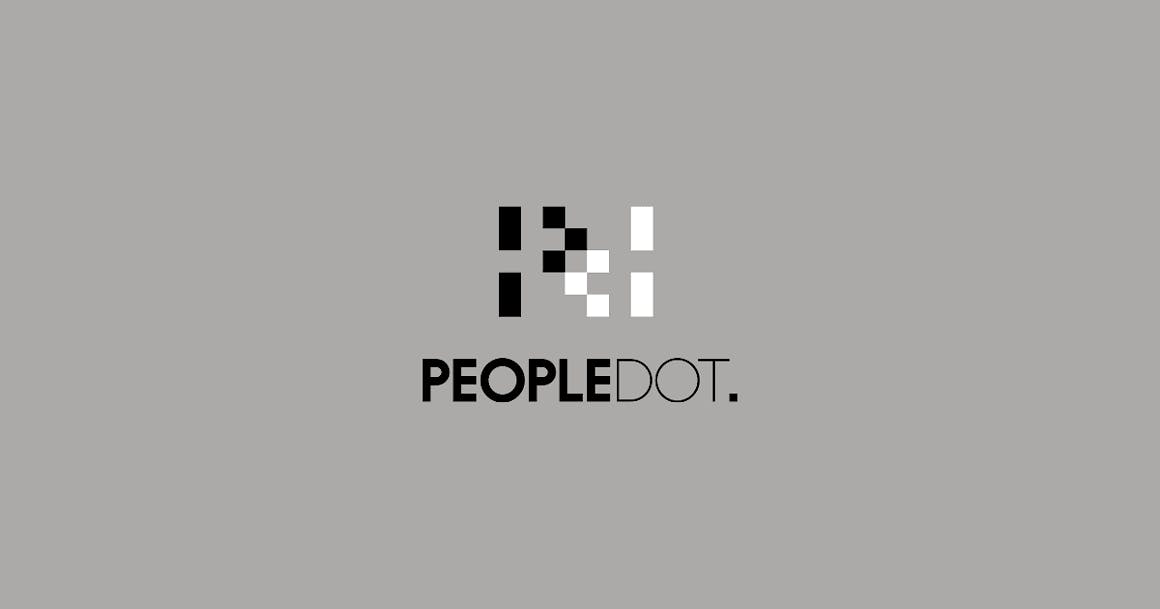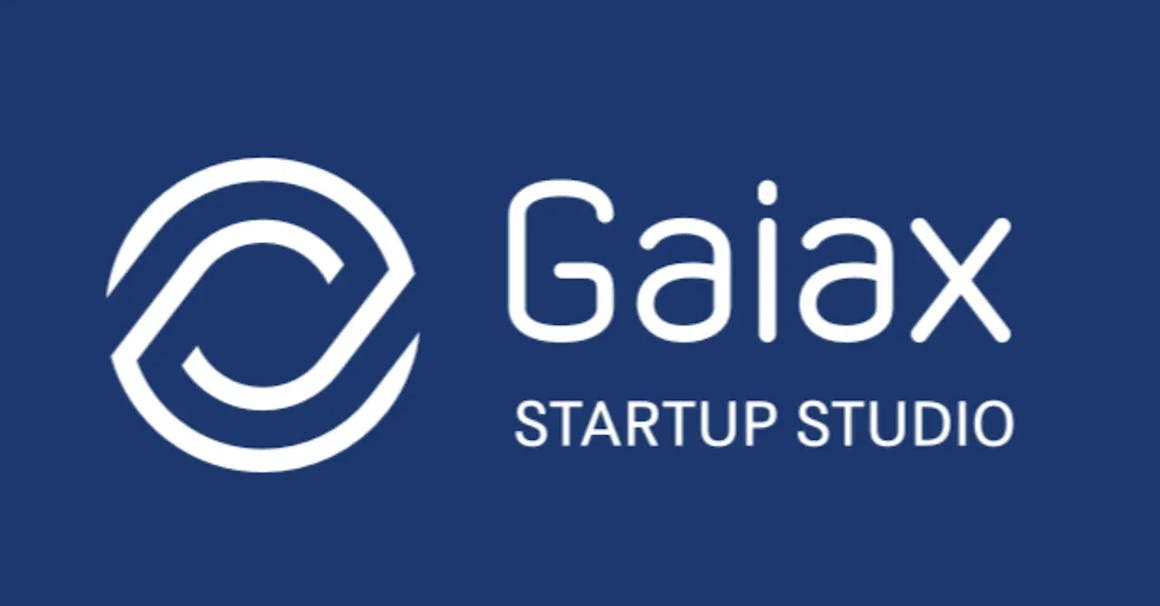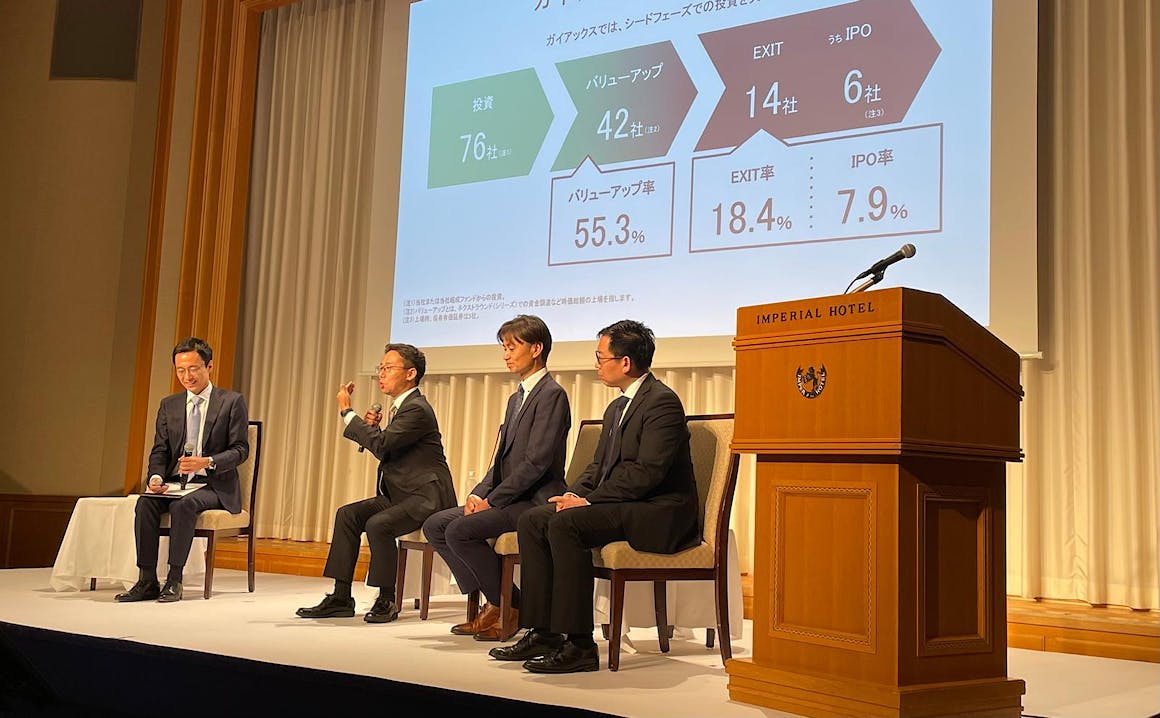Lessons From Three of Japan's Most Progressive Workplace Pioneers

I just returned from a few intense, inspiring days in Tokyo.
The reason? To meet with Yuji Yamada (our Rebel Cell Japan coordinator), some of the leaders of our Japanese Rebel Cell companies, and a few other trailblazing organizations shaping the future of work in Asia.

Yuji pulled together an extraordinary gathering, a room full of progressive leaders from across the region, including:
- Zhang Ruimin (Haier)
- Tomohiro Kimura (Gaiax)
- Shun Akiyama (Net Protections)
- Yosuke Katada (PeopleDot)
- Pande Kadek (Fajar Benua)
We were joined by the legendary Bill Fischer, MIT professor and long-time chronicler of Haier's transformation.
Under his curious and challenging gaze, we explored progressive ways of working, and, in particular, how to create "zero distance":
- Zero distance to customers: no hierarchy, but networks of microenterprises.
- Zero distance to employees: no bureaucracy, but entrepreneurship for everyone.
- Zero distance to society: not maximizing shareholder wealth, but maximizing human value.
The day's conversation naturally split into two themes:
- Designing structures that make zero distance possible.
- Developing skills for people to thrive in such systems.
1. Zero-distance structures
First, we compared structures that replace the traditional hierarchy with something far more dynamic.
Even though these companies work in very different sectors (manufacturing, fintech, IT) they do share a strikingly similar DNA:
- Flat structures: Middle management layers are stripped away to keep things close to the work.
- Autonomous teams: Work happens in small, fluid groups. No rigid departments.
- Self-management: Individuals set their own priorities, often forming around opportunities or projects rather than fixed chains of command.
- Distributed leadership: Leadership rotates or is based on expertise for the problem at hand.
- Radical transparency: Strategy, financials, and performance metrics are shared openly.
What this shows is that these aren't just "manager-free" companies.
These companies intentionally designed systems of small, entrepreneurial units that can make and execute decisions without long approval chains.
And they invest heavily in culture through shared norms that make self-management possible.
Interestingly, while their structures look similar on paper, their cultural norms differ significantly.
Let's explore three Japanese examples (also captured in Yuji's excellent book Signs of the Shift).

Net Protections - The natura system
Founded in 2018, this Tokyo-based fintech employs around 350 people and went public in 2021.
Net Protections replaced its hierarchy with a network of small, cross-functional, self-managing teams.
People self-select themselves in these self-managing teams, teams set their own goals, and performance evaluation happens through peer accountability and peer review.
In this system traditional managers are replaced by so-called "catalysts"; coaches who facilitate and connect rather than direct.
This is what they call the "natura system."

PeopleDot - The project community
Formerly DataMix, PeopleDot employs around 50 people in AI and data analytics.
But its reach is far greater. Beyond its core team, PeopleDot's online community supports around 10.000 people. Many serve as instructors or consultants, working with 200+ partner companies connected to the community.
The company operates as a boundaryless professional community: employees, alumni, and industry partners self-select into projects based on skill and interest.
People move fluidly between roles: from learner to mentor to project lead, and back again.

Gaiax - The startup studio
Founded in 1999, Tokyo-based Gaiax focuses on social media, the sharing economy and Web3/DAO initiatives.
With about 150 employees, Gaiax runs less like a corporation, more like a startup studio. It grants its employees high autonomy and expects high initiative in return.
Entrepreneurial employees are expected to organically form teams around business opportunities. Gaiax provides the infrastructure (i.e. funding, office space, legal, HR, finance) so people can build ventures without micromanagement.
Any employee can start a venture under the Gaiax umbrella. If it gains traction, it can spin out as an independent company with its founders keeping significant equity (circa 8% of its ventures IPO-ed).
It's ownership in the truest sense.

Three flavours of "zero distance"
Across the Rebel Cell network, whether in Japan or somewhere else on the globe, we keep seeing these same three patterns of radical decentralized structures:
- Horizontal collectives: Groups of equals build on reciprocity and peer accountability. (i.e. NER Group, Net Protections)
- Purpose-driven tribes: Communities bound by mutual care and shared purpose. (i.e. Buurtzorg, PeopleDot)
- Internal markets: Rational networks where each team is a microenterprise trading with others. (i.e. Haier, Gaiax)
None is "better." Each has strengths, weaknesses, and a cultural fit.
The important thing is being deliberate about the choice, and being honest about what "fair" means in its worldview.
2. Zero-distance skills
Here's the catch: You can have the perfect structure... and still fail.
Autonomy without the right skills is like installing new apps on an outdated operating system.
That's why people need intensive, experiential training to thrive in a zero-distance system.
They must learn how to:
- Lead without being "the boss."
- Create accountability without hierarchy.
- Give feedback peer-to-peer.
- Resolve conflicts without escalation.
- Avoid becoming a bottleneck.
Soon, together with our friends from Tuff Leadership, the will (again) run then Decentralised Leadership Bootcamp, for anyone ready to develop the inner skills required for progressive work to actually work.
If our Progressive Organizational Design Masterclass gives you the structure and processes, then this Bootcamp gives you the human operating system upgrade.
Want to go deeper?
- Progressive Organisational Design Masterclass - Master the structures.
- Decentralized Leadership Bootcamp - Master the skills.
The future of work isn't waiting.
And neither should you.


